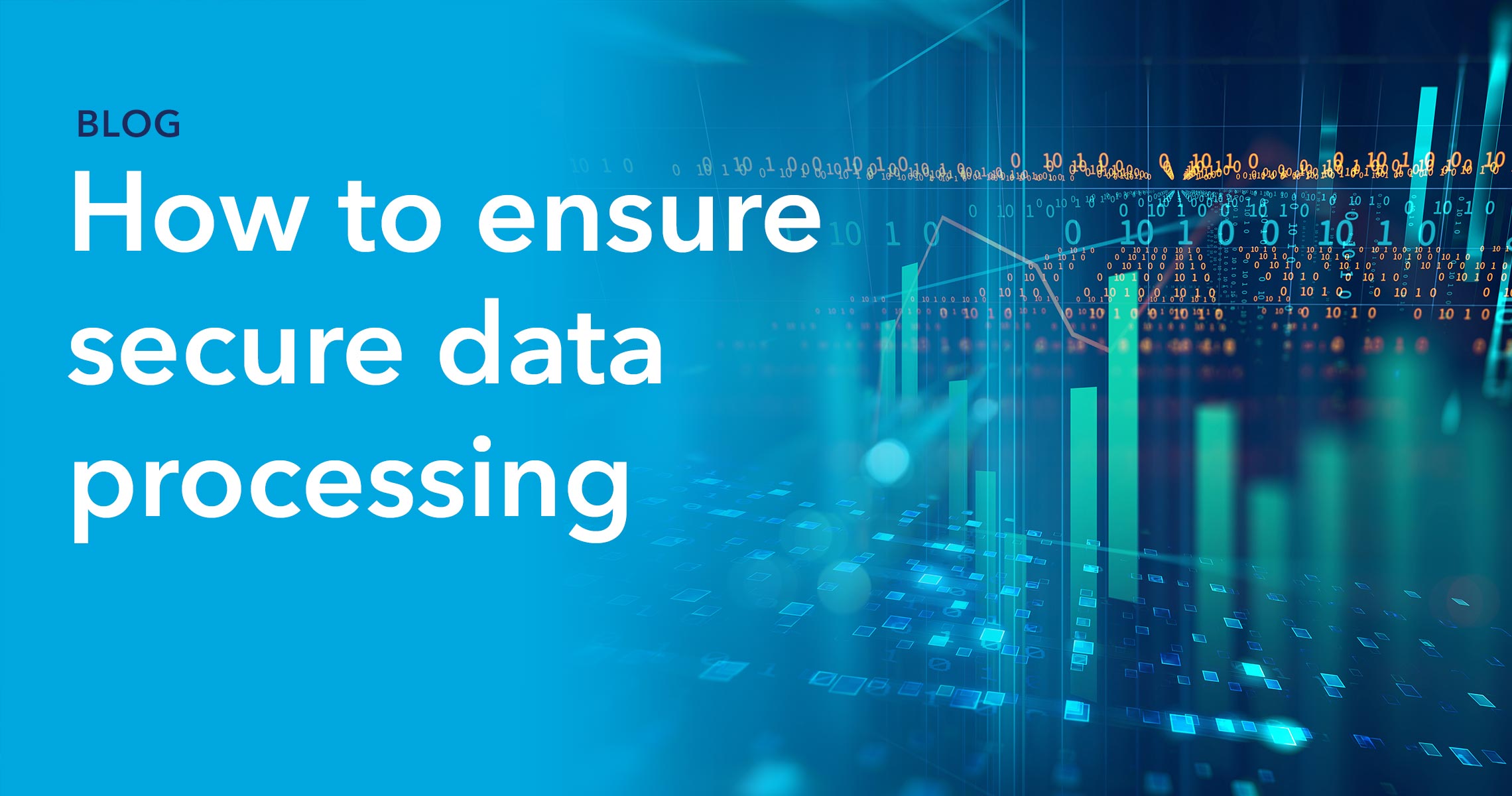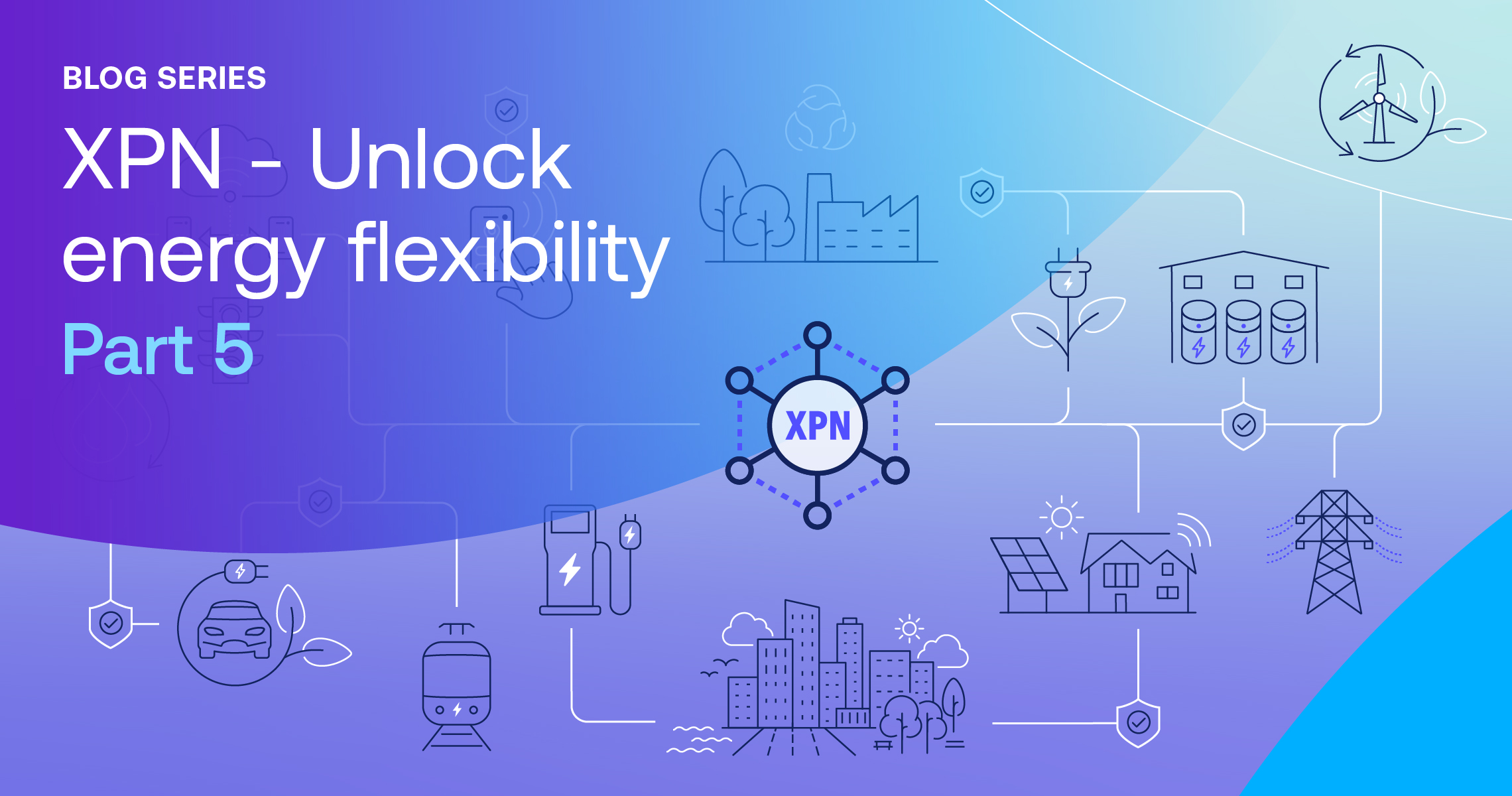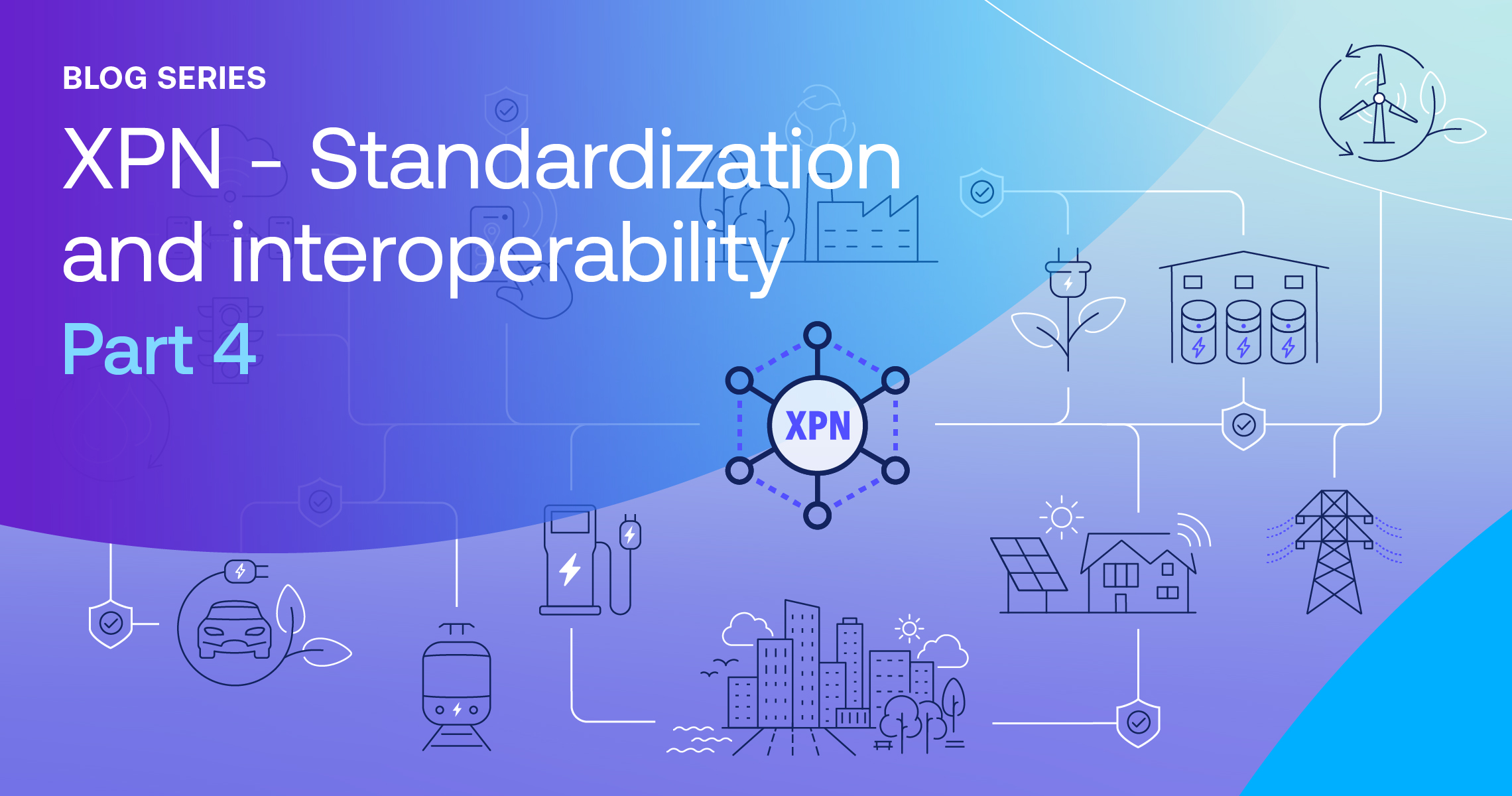- Maintain compliant architecture and protocols
- Prevent data theft, misappropriation, or leakage
- Establish proper access controls on sensitive dat
Why secure data processing is needed
In the data lifecycle, processing is where all captured data is blended, standardized, and analyzed to deliver meaningful business insight to decision-makers. This makes processing the dynamo of data operations, with all of the architecture built around delivering inputs to and distributing outputs from the data processing function. This is a large undertaking, requiring millions of IoT sensors, thousands of producers, distributors, and utilities, as well as stakeholders from government and consumer groups.
Gaining accurate and timely information often hinges on data access and processing, but it is also where there are often obstacles and friction points that slow down and add cost to data operations.
Security is one of the most prominent challenges that appears throughout the data lifecycle, especially in the area of data processing. As a result, data-related operations are increasingly regulated, leading to numerous security considerations and threats such as:
- Potential loss of consumer trust and goodwill
- Risk from partners and external entities
- Inefficiencies and limitations of data utilization
Organizations that wish to maximize the value from their data, comply with regulations, and minimize risk need to ensure secure data processing. Fortunately, Intertrust offers data management technology that not only improves security but also increases the speed of insight.
How to secure data processing
Data virtualization is the core technology that allows for fully compliant and secure data processing across expansive, spread out networks. A virtual representation of data is combined and processed securely according to the existing business rules. This creates an interoperable layer where analytics can be conducted on custom datasets, regardless of where the data is stored, eliminating the need for slow and costly data transfers.
A data virtualization platform can be added to your existing data architecture without altering your data storage functions, whether they are in the cloud, on-site, or a combination of both. A virtualized data layer offers secure data processing with comprehensive data governance and access control, letting administrators set permissions down to the row and column level. This significantly reduces the risk of data breaches or leaks, even in situations with multiple collaborators. Additionally, a virtualized data platform creates a metadata repository to bring better data structure management and access auditing, as needed.
The virtual environment allows secure data processing on sensitive data stored anywhere. When data is combined for querying, all operations take place in secure containers to minimize the chances of security breaches or data leakage. By using data virtualization, organizations can maximize their return on investment in data functions and interact with other parties securely while maintaining regulatory compliance.
Here are ten key steps dataops teams can use to develop more secure data processing:
- Implement strong authentication and access control protocols
- Use data encryption to protect sensitive information and confidentiality
- Establish secure network architectures to protect data in transit
- Monitor and audit user access and system activity regularly
- Develop and deploy secure application coding practices
- Deploy patch and vulnerability management solutions
- Adopt secure cloud computing and virtualization technologies
- Conduct regular risk and vulnerability assessments
- Establish security policies and procedures
- Train personnel in secure data handling practices
Delivering the full potential of your data
Securing your organization’s data processing not only brings better data protection, it offers a variety of advantages to improve the speed, cost, and potential of your data operations. Here are just a few of them:
Increase data collaboration
The introduction of risk from external collaborators, data scientists, and analysts can greatly hinder collaboration and data sharing. Even the federal government has recommended that companies adopt a zero-trust environment when working with outside parties, illustrating the potential risks. Data virtualization allows businesses to share their data with external stakeholders to create more valuable insights while not increasing their risk exposure.
Rapid data gets you to market faster
Data virtualization with a secure data processing platform eliminates the need for data migrations or long ETL processes, increasing business agility. Because data virtualization has a much shorter implementation time than designing and building a physical infrastructure, organizations experience higher data quality and a quicker time-to-market.
Ensuring regulatory compliance
Compliance with data safety and consent regulations, such as GDPR, NISTR, and CCPA, is not just about avoiding fines, though they themselves can be significant. Public tenders and an increasing number of contracts require companies to guarantee compliance with regulations within any potential markets they may enter. As a result, ensuring secure data processing to meet these compliance standards is quickly becoming a necessity for businesses in order to compete both domestically and internationally.
Greater access control
Having complete control over how data is used and by who is critical for maintaining consent management and preventing small data breaches or leaks from turning into much larger ones.
Data virtualization offers a secure, compartmentalized environment for critical data processing functions. This gives data controllers the ability to implement stringent rules on accessing data to a highly specific level, forming a thorough data governance policy that can be implemented and enforced effectively.
Improve customer relationships
No matter where you do business, your customers are likely concerned with how their data is being collected and used and the security of the organizations that hold it. Providing superior service always strengthens customer relationships, and being honest about how data is used and secured will help to build a trustworthy and reliable corporate image.
Keep your data secure with Intertrust Platform
The true value of data and the speed at which it can be used is being held back by security concerns and regulatory obligations. However, data virtualization can ensure secure data processing that is not only safe and compliant but also delivers a range of other benefits to improve your data security and operations.
To find out more about how Intertrust Platform helps organizations across the world to secure their data processing and maximize the breadth and value of their assets, you can read more here or talk to our team.




